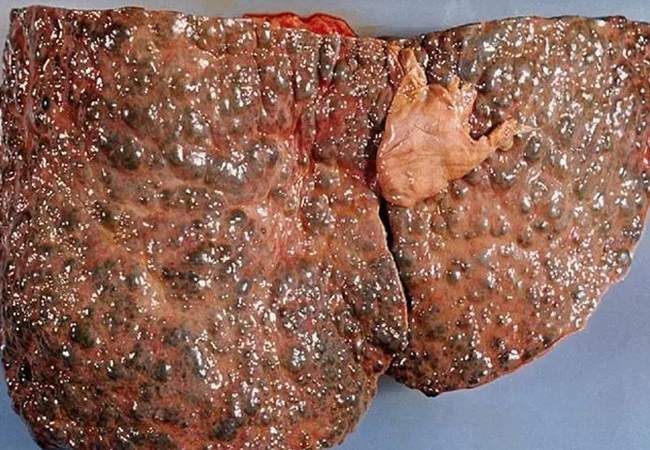Acute liver failure (ALF) is a sudden loss of liver function in a patient generally with no other pre-existing liver disease, also known as fulminant hepatic failure (FHF). It occurs rapidly- with a span of a few weeks or even days and may be caused by a virus or drug. It might be simply the worsening of acute hepatitis, which becomes a serious problem and can be life-threatening, due to internal bleeding or severe brain edema leading to increased pressure in the brain. In such conditions, an urgent transplant may be the only curative, life-saving option.
Acute Liver Failure (ALF) occurs when there is a severe injury to the liver in a short span of time (usually within a few days to weeks), leading to a rapid decline in the liver function. The individuals rapidly display symptoms such as jaundice, altered mental status, dark-colored urine, and bleeding tendency.

Patients with previously undiagnosed Wilsons’ disease, acquired or reactivation of hepatitis B virus, or autoimmune hepatitis, with underlying cirrhosis, and the disease has been diagnosed for <26 weeks may also be suffering from Acute Liver failure. It needs to be carefully diagnosed and should not be confused with other liver diseases/ severe alcohol abuse.
You may be displaying symptoms such as:
As the condition worsens you may also experience disorientation and sleepiness. Other symptoms include:
ALF is a life-threatening emergency. The provision of effective intensive care support, together with the protection of the airways, is the most crucial component of the treatment for acute liver failure. The cause of a patient’s liver failure and the existence of any complications both influence the choice of treatment. Close attention must be paid to the patient’s hemodynamics and fluid management. Monitoring their metabolic parameters, checking for infections, ensuring nourishment, and quickly identifying Gastrointestinal bleeding are all critical.
With supportive care and medications, most of these patients can be effectively treated in a special Liver ICU unit, even without a liver transplant.
We are available 7 days a week and have specific clinic hours with all doctors on staff. Outside of normal clinic hours you can receive an on call Doctor or Nurse at your nearby hospital if needed.